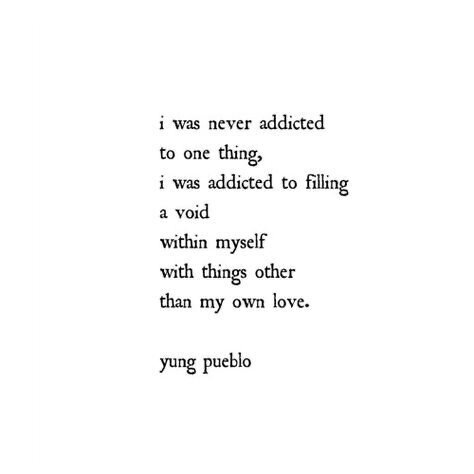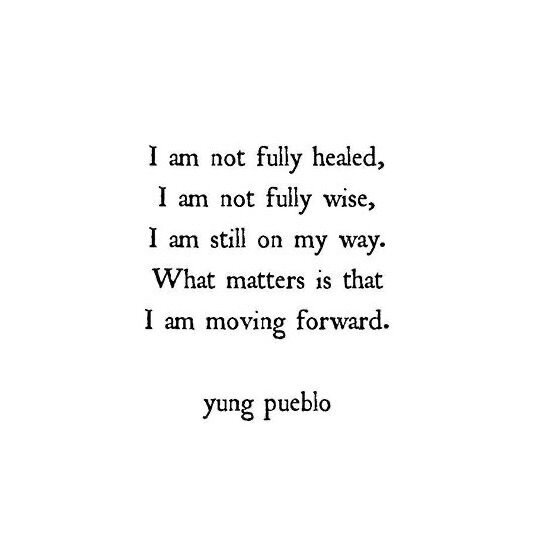
Is mindfulness overrated? A major new study suggests so
New research has found no changes in brain structure after an eight-week mindfulness course. But does that really matter?
"If something changes in your brain but nothing changes in the way you feel, is it really relevant?"




